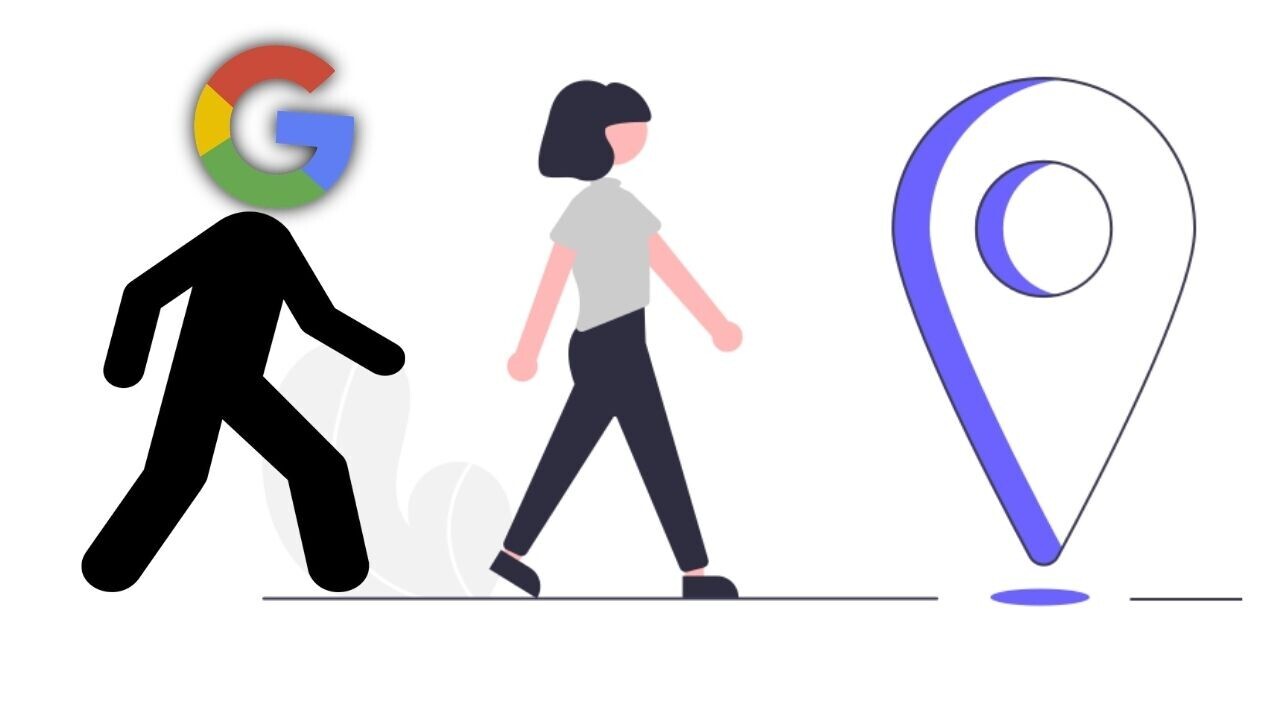
Google’s surveillance-based business model has attracted another prominent opponent.
After surviving attacks from employees, human rights groups, Harvard professors, and rival firms, the company now faces a more powerful foe: a quartet of US attorneys general.
The bipartisan group of AGs sued Google on Monday for allegedly deceiving users to profit from their location data.
“Google falsely led consumers to believe that changing their account and device settings would allow customers to protect their privacy and control what personal data the company could access,” said Karl Racine, the Washington DC AG who is leading the campaign.
“The truth is that contrary to Google’s representations it continues to systematically surveil customers and profit from customer data.”
The accusations shine the spotlight on the mysterious use of “dark patterns.”
The accusations against Google
Racine and his colleagues from Indiana, Texas, and Washington accuse Google of manipulating users to access location data.
This data is then used to build detailed user-profiles and sell highly targeted advertising.
The AGs argue that the search giant makes it “nearly impossible” for users to stop their location from being tracked.
Their three-year investigation follows a 2018 report by the Associated Press, which revealed that Google “records your movements even when you explicitly tell it not to.”
Google claims that changing device and account settings can protect your data. However, the AGs maintain that the company systematically surveils users no matter what settings they choose.
They say this snooping is applied to both Android smartphones and other devices running services including Google Search, Google Maps, and Google Photos.
Dark patterns
A central complaint is that Google relies on “dark patterns” to undermine consumers’ informed choices.
This involves using deceptive design choices that alter people’s decision-making in ways that harm the user and benefit Google.
These tactics include repeatedly prompting users to enable location in certain apps, and claiming products won’t function properly without enabling location.
The AGs also accuse Google of the following:
- Making it impossible for users to opt-out of having their location tracked
- Deceiving users about their ability to protect their privacy through account settings
- Misleading Android users about their ability to protect their privacy through their device settings
In a statement, Google spokesperson José Castañeda said the accusations are based on “inaccurate claims and outdated assertions” about the company’s settings:
We have always built privacy features into our products and provided robust controls for location data. We will vigorously defend ourselves and set the record straight.
Google’s location tracking future
The new lawsuits follow similar causes in Australia and Arizona.
The complaints note that location data is very sensitive for users. Just a small amount can expose a person’s identity and routines. It can also be used to infer personal details.
The new lawsuits seek to fine Google and end the company’s “deceptive and unlawful practices.”
Racine, the AG leading the campaign, ultimately wants to shift control over data use from Google to consumers.
He’ll have a fight on his hands: location data is a key part of Google’s digital advertising business, which generated nearly $150 billion in revenue in 2020 alone.
Get the TNW newsletter
Get the most important tech news in your inbox each week.




